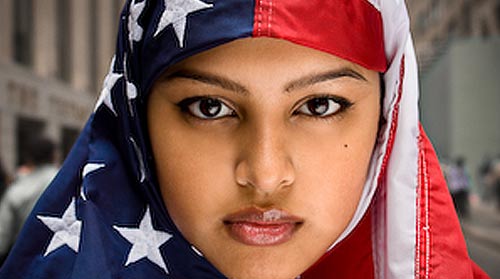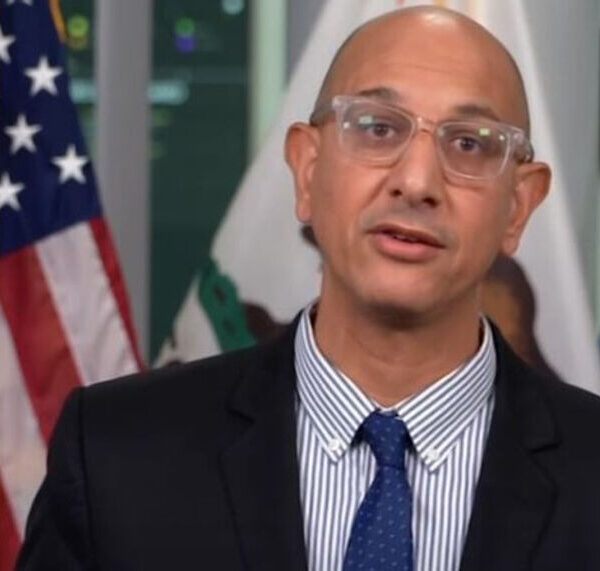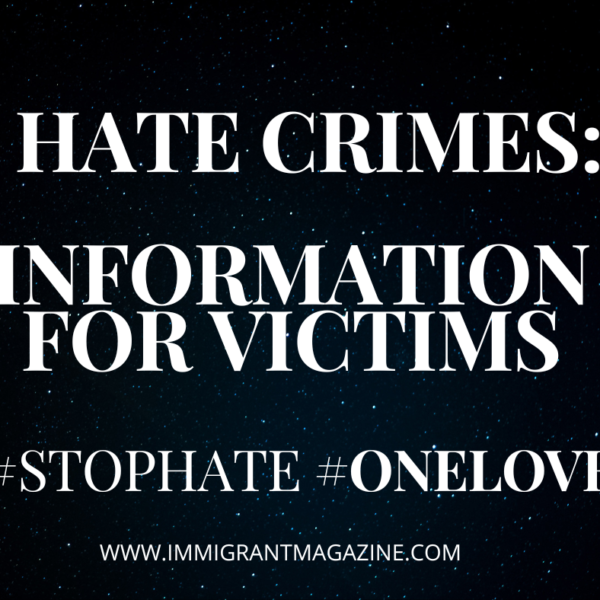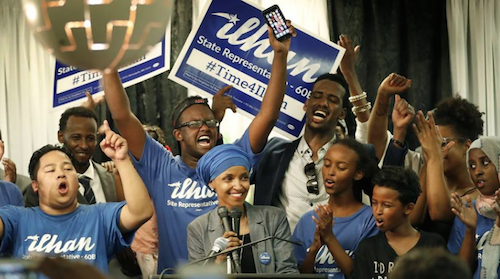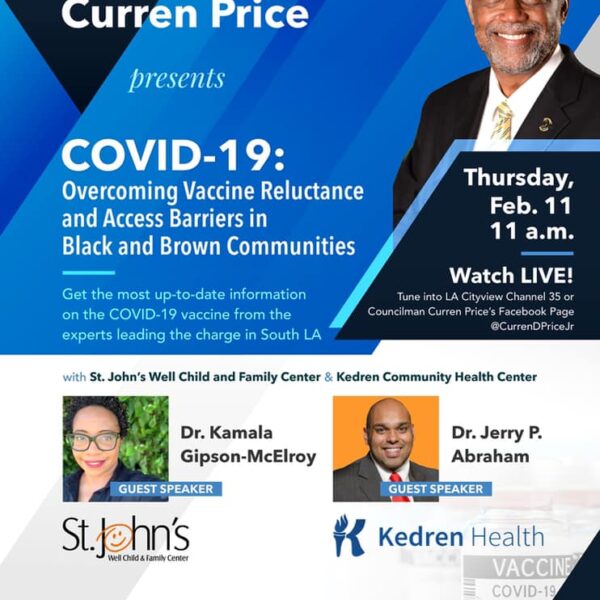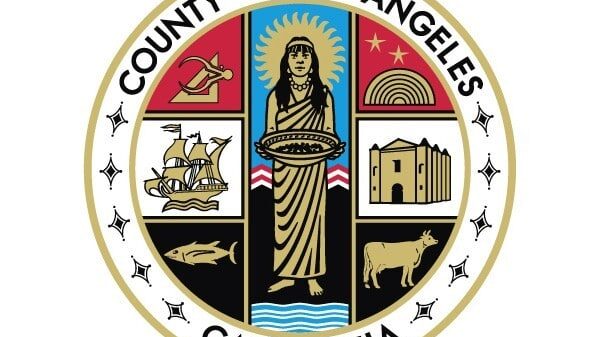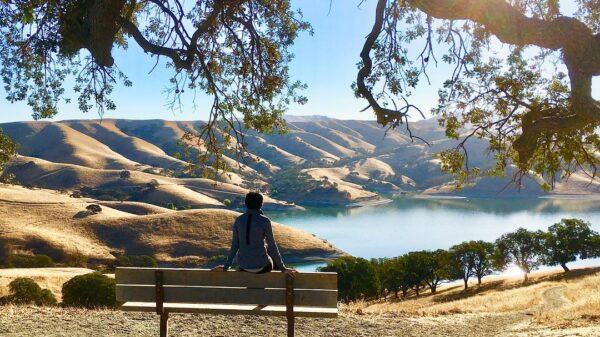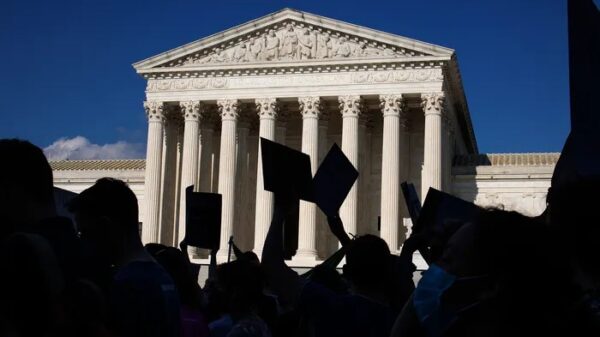NAM/Arab American News, News Report, Natasha Dado
Linda Sarsour, the executive director of the Arab American Association of New York, was a victim of a hate crime this week that wouldn’t have occurred had it not been for the phenomenon of the terrorist group “Islamic State” (ISIS).
Sarsour, who has become a voice for Muslim Americans nationally, discussed the incident on social media.
“My deputy director and I were harassed by a bigoted drunk who hurled hateful Islamophobic and anti-Arab epithets at us on 5th Avenue in Bay Ridge [a neighborhood in Brooklyn],” Sarsour wrote in a Facebook post about the incident. “He said, ‘you are cutting people’s heads off, sharmoota, I’m going to cut off your head and see how you will feel, you Arab b…..’”
The attacker appeared to be referencing the IS, which beheaded American journalists James Foley and Steve Sotloff. The IS claimed the men were murdered in retaliation for the united States’ involvement in Iraq.
Sarsour said the attacker had some sort of item or tool in his back pocket. The man ran after them and picked up a huge NYC metal garbage can and threw it at them, causing them to run into oncoming traffic.
Muslim Americans still face widespread challenges fighting hate and discrimination more than a decade after 9/11, and IS terrorism seems to be creating even more misunderstanding about members of the community and their faith.
Since ISIS first gained a stronghold in Mosul, Iraq in early June, Muslim American religious and community leaders have repeatedly condemned the group publically to prove it doesn’t represent their faith.
“The Islamic State is actually succeeding in causing damage to the image of Muslims and Islam,” said Majid Shah, a Muslim American from Washington D.C.
In response to IS terrorism, users on social media sites have been posting derogatory comments about Arabs and Muslims.
For many Muslim Americans another attack on the United States by a group that commits acts of terrorism in the name of Islam would be detrimental and possibly increase hate crimes against the community.
After 9/11 many people blamed Islam for the attacks, and took out their anger and frustration on the community.
Former Vice President Dick Cheney recently predicted an attack this decade that would be far deadlier than 9/11. On Monday, King Abdullah of Saudi Arabia warned that ISIS could attack the United States within two months and Europe in one month if more action against the IS wasn’t taken.
Iraqi American Alia Almulla said the situation for Muslim Americans would be worse than it was after 9/11 if the IS attacked the United States.
“I feel like it will be way worse then what happened with Sept. 11,” she said.
Almulla was a victim of a hate crime after 9/11. The incident occurred in 2007 while she was pregnant and living in Oklahoma City. She was sitting at a park with her family when people started questioning her about the headscarf she was wearing. Someone approached her and pulled off the headscarf.
“Over there they are not educated at all about Islam or wearing a scarf. They have not even seen these things,” she said.
The attackers asked why she had the headscarf on and whether she was wearing it because she was bald and had lice.
“They pulled it off to see if I really have hair or whatever,” she said.
Speaking to The Arab American News, one Muslim woman who did not want to be identified remembered that when the Boston bombings happened she was worried about what it would mean to her community if the perpetrators were Muslim.
“When the Boston bombing happened I was praying, ‘God please don’t let that be a Muslim, because when an incident like that happens you pay a price,’” she said.
She said that after the Boston bombing, women in parts of Massachusetts were attacked because they were wearing hijabs.
There are a lot of people who believe the IS has not succeeded in becoming the new face of Islam or creating sectarian divides.
“I feel like it is not separating us. It is actually making everyone closer,” Almulla said. “When you are educated enough about Islam, you know these terrorists are misrepresenting Islam and the religion. When we let the IS create divisions between us, we’re giving them what they want.”
Muslim Americans have worked extremely hard over the years to prove their religion is peaceful and condemns terrorism. That hard work is paying off and while there are some who believe IS represents Islam and all Muslims, more are educated about the issue.
Shayan Gaziani, a young Muslim American, said the hard work of the community over the years has helped clear up a lot misunderstandings about his faith.
“It took a couple of years but people learned that what happened during 9/11 was not a representation of Islam,” he said.
Gaziani said there is a greater fraction of people who know that those who commit acts of terrorism in the name of Islam do not represent the religion or the community.
“People are more educated and supportive,” he said. “Even many news outlets have taken more caution in the way they report ISIS because they know now Muslims have a voice in America, right? We are people of peace.”
He said the hard work the Muslim community has done over the last few years to show they are typical Americans would not be discarded if the IS did attack the country.
“If anything, it would be the ultimate test of the hard work we have been doing,” Gaziani said.
He said IS members misrepresent Muslims and twist and distort the meaning of the Qur’an.
“You might be familiar with the verse in the Qur’an that states if you kill one innocent human being, it is like killing all of humankind,” he said. “If you save one it is like saving all of humankind.”
Gaziani, who lives in the southwest U.S., said there has been a decline in hatred and racial discrimination in his home state.
For his part, Shah said to look at it from the perspective of a human being acting incorrectly or wrongly, not a religion.

